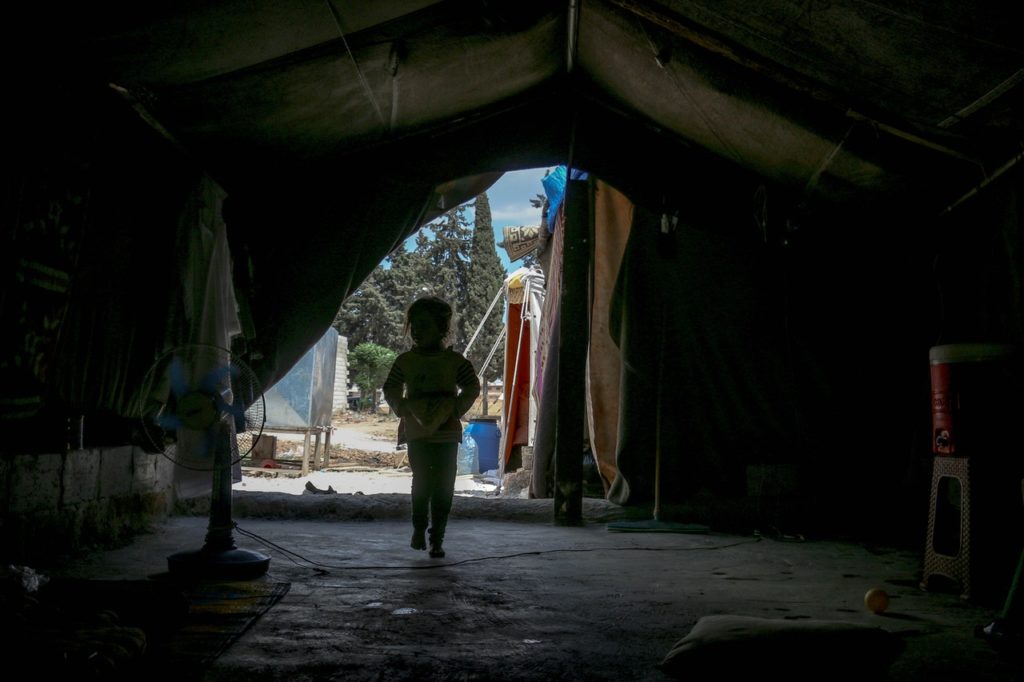The so-called “migrant crisis” in the UK continues to draw negative and often unsavoury media headlines, but it’s fair to say that less spotlight is afforded to climate refugees who are forced to relocate as a result of ecological and environmental reasons.
According to InsideClimate News, the year 2050 may have seen more than 200 million climate refugees flee their homes, with the sad fact remaining that international law currently offers such individuals and families very little in the way of protection.
But what are the causes behind the climate refugee crisis, and why is it important for law firms across the globe to start looking into this issue as a matter of urgency?

Why are Climate Refugees Fleeing Their Home?
Unsurprisingly, this issue has been drawn into sharp focus against the backdrop of COP26 in Glasgow, as leaders from across the globe continue to meet and discuss some of the most pressing issues in relation to climate change.
Despite this, negotiators at COP26 are unlikely to deal with the challenges posed by climate migration, particularly from the perspective of recognising the crisis and affording climate refugees far greater rights in international law.
Critics claim that this is the result of political will, while it certainly showcases ignorance in the face of increasingly extreme weather conditions and a diverse range of ecological challenges.
In Central American nations such as Honduras and Guatemala, for example, people are fleeing in part due to extreme weather events and sustained climate change that has made it almost impossible to grow crops.
In Bangladesh, thousands of citizens are displaced every years by larger and increasingly unpredictable monsoon floods, with the World Bank estimates that as many as eight million people have left the wide region and been forced to relocate in recent years.
Over in West Africa’s Sahel region, consistently heavy floods and subsequent food shortages have combined with violence and instability drive people to other regions.
Even in the Caribbean, which remains a popular holiday destination for many, huge hurricanes regularly displace residents from their homes and leave them seeking shelter elsewhere.
Why More Needs to be Done Internationally
Of course, COP26 has seen the UK pledge £290 million to help poorer countries (such as those listed above) cope with the impact of climate change, potentially enabling them to provide more secure home and living conditions in the longer-term.
However, this does little to address the short-term needs of those displaced by climate change, particularly as the number of people being forced to relocate increases exponentially each and every year.
The main issue that needs to be addressed here is that international law firms currently have no clear mechanism to process, address or facilitate climate change migration, or prioritise the rights and safe passage of people into countries overseas.
With this in mind, there needs to be serious collaboration between governments and international law firms, driven by a political will that prioritises the current situation and aims to achieve a viable resolution.
The UK will undoubtedly play a huge role in this, both financially and in terms of facilitating the migration applications of climate change refugees.

